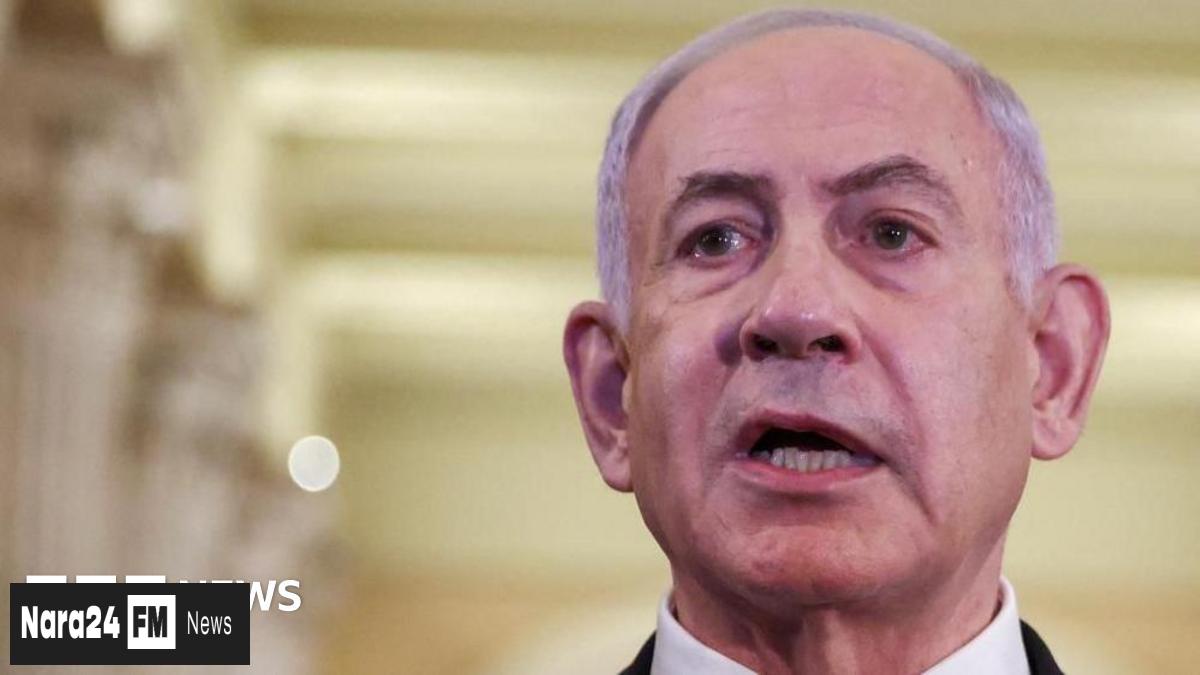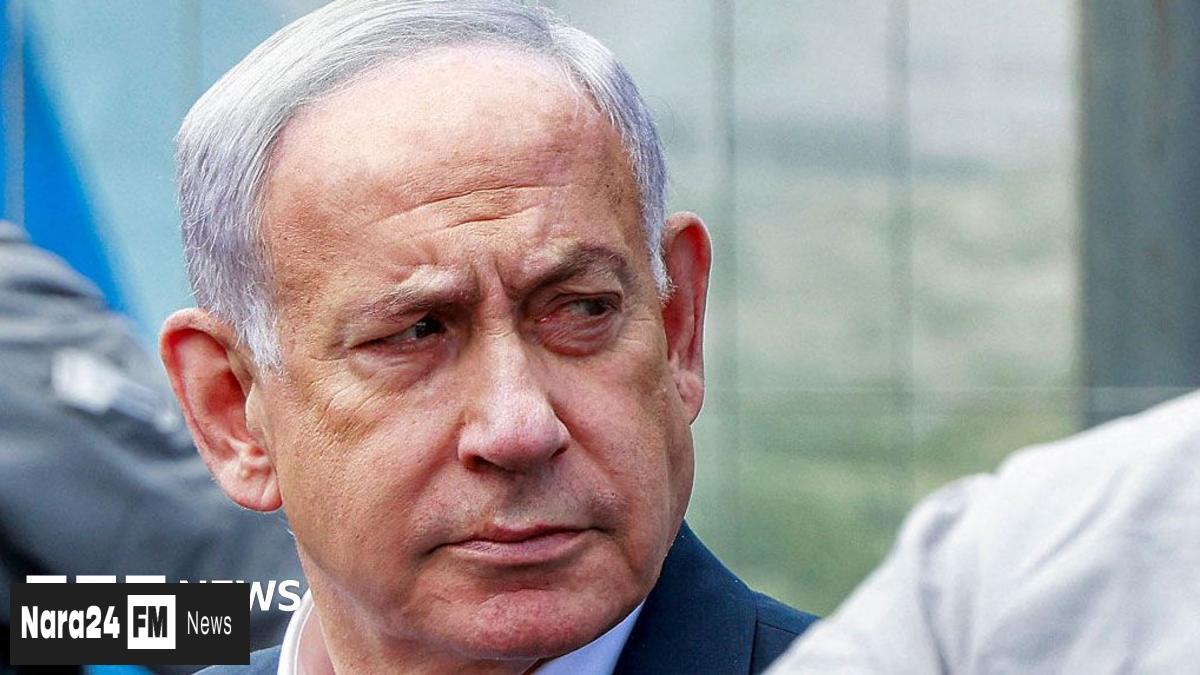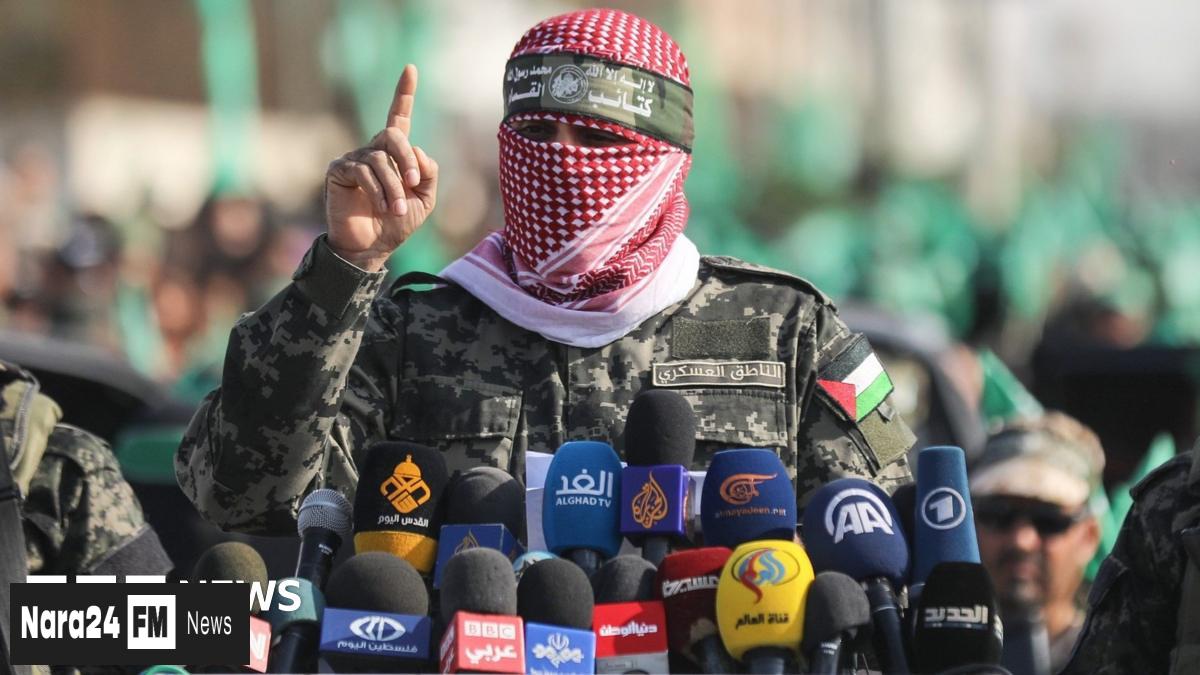In This Article
- Israeli PM Considering Full Reoccupation of Gaza
- Domestic and International Reactions
- Humanitarian Concerns and Hostage Risks
- Criticism from Allies and Retired Officials
- Current Developments and Breakdown of Talks
- Challenges and Uncertainties Ahead
Key Takeaways
- Israeli PM Netanyahu is considering a full reoccupation of Gaza to defeat Hamas, sparking controversy.
- Families of hostages in Gaza fear the risks associated with the proposed reoccupation, as many hostages are believed to be alive in the territory.
- Criticism of the reoccupation plan has come from Israel's allies and retired security officials, urging for ceasefire and humanitarian actions.
- The breakdown of talks with Hamas and distressing videos of Israeli hostages have heightened the urgency for resolving the crisis in Gaza.
- The proposed reoccupation plan raises uncertainties about the fate of civilians and humanitarian operations in Gaza, affecting over two million Palestinians.
Israeli Prime Minister Benjamin Netanyahu is gearing up to suggest a comprehensive reoccupation of the Gaza Strip during an upcoming meeting with his security cabinet, as reported by Israeli media outlets. This proposal, aimed at achieving a full conquest of Gaza and defeating Hamas, has already triggered debate and raised apprehensions.
A senior official, cited by local journalists, declared, "The die has been cast. We're going for the full conquest of the Gaza Strip – and defeating Hamas." Despite facing resistance from military chiefs, the official boldly stated, "If that doesn't work for the chief of staff, he should resign."
Families of hostages held in Gaza are expressing fears over the potential risks associated with such a strategy, especially with reports indicating that a significant number of hostages are believed to be alive within the territory. Contrary to the proposed reoccupation, polls suggest that a ceasefire agreement is preferred by three in four Israelis as a means to secure the return of the hostages.
The possibility of a full reoccupation has drawn criticism from many of Israel's allies who are advocating for an end to the conflict and actions to alleviate the dire humanitarian situation in Gaza. Additionally, a group of retired Israeli security officials, including former intelligence agency heads, has urged US President Donald Trump to pressure Netanyahu to halt the ongoing conflict.
The current developments follow the breakdown of indirect talks with Hamas regarding a ceasefire and hostage resolution. Recent videos released by Palestinian armed groups, depicting Israeli hostages in distressing conditions, have intensified the urgency for a resolution to the crisis.
The proposed plan for a complete reoccupation would see Israel extending its control over the entire Gaza Strip, affecting the lives of over two million Palestinians residing in the area. This move raises uncertainties about the fate of civilians and the operations of humanitarian organizations in Gaza, where the majority of the population has been displaced and is enduring harsh living conditions.
The Palestinian Authority has denounced the Israeli proposal, urging the international community to intervene and prevent any new military occupation. The idea of reoccupying Gaza comes amid global efforts to revive the two-state solution to settle the longstanding Israel-Palestinian conflict.
As Netanyahu prepares to convene a security cabinet meeting to discuss the next steps in Gaza, concerns are mounting over the potential military, political, and diplomatic challenges associated with such a significant decision. Israeli media commentators have expressed skepticism about the feasibility of the plan and the implications it may have on various fronts.
In response to Hamas's attack on southern Israel in October 2023, Israel initiated a military offensive in Gaza, leading to significant casualties and an escalation of hostilities. The ongoing conflict has claimed numerous lives, with both sides grappling with the devastating consequences of the violence.
The situation remains fluid as Netanyahu and his administration navigate through the complexities of the conflict, attempting to chart a course towards a resolution that balances security concerns with humanitarian imperatives.








Comments (0)
Leave a Comment
Be the first to comment on this article!